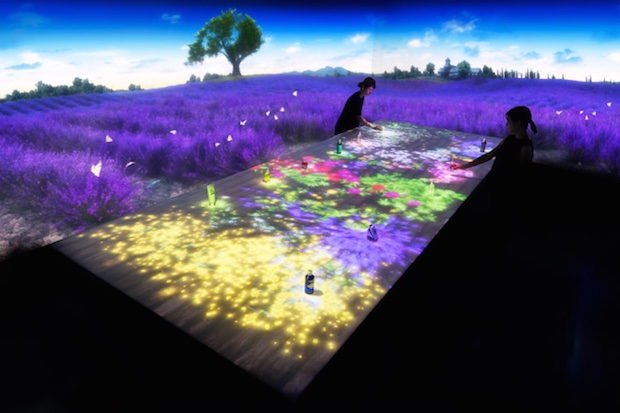Following on from previous working group events and conversations, the aim of the 2018 call is to explore different modes of interaction and intimacy between performers, social media and audiences/participants as well as to investigate new strategies for performer training, rehearsing and performance documentation for the age of the internet. We use the term ‘social media’ in a broader way, to refer to ‘any technology that allows two-way interaction between artists and audiences[/participants]’ (Hadley 2017:8). As highlighted by Bree Hadley (2017, see also Blake 2010), the use of social media in theatre has been seen as a ‘game changer’. In this context, what new tools and spaces do social media offer to theatre and live performance? What opportunities and challenges do social media bring to the digital performer/performance-maker from new forms of audience/participant interaction to new performance training methodologies, to new rehearsal methods and documentation strategies?
The Performance and New Technologies Working Group welcomes practice-based responses, provocations, lecture-demonstrations and papers, exploring and reflecting on the digital performer and social media. Proposals may respond to, but are not limited by, the following prompts:
- Live performance and the internet
- Social media as a space for the performance of identity
- Computer performance
- Mobile phone performance
- GPS enabled performance
- Live performance and virtual reality (VR) / Augmented Reality (AR) / Mixed Reality (MR)
- App performances / social media performances
- Headphone theatre and podcasts
- Networked interactive performances
- Digital storytelling
- The digital/virtual body and its forms/images/parameters
- The interactive performer
- The interactive audience/participant
- Audience as performers
- Embedded digital experiences and spaces of culture / heritage / the personal
- Performer training – new affects, contexts and shifts in practice in the age of the internet
- Performance-making, rehearsing and social media
- Performance documentation and social media
- Live streaming performance
This year, the Performance and New Technologies Working Group will be collaborating with the Performer Training Working Group by holding a joint session, addressing performer training in relation to digital/networked technologies through the following broad questions:
- How do we experience training in relation to our social media self?
- How do we train in relation to the digital other?
- How do I relate to and experience/feel training that is mediated through digital technologies?
If you believe your paper/presentation is most appropriate for this session, please state so, though final decisions will be made by working group conveners.
Please email all abstracts (no more than 300 words in length), an additional few sentences of biographical information and precise details of the audio-visual technology you will need to make your presentation to Jem Kelly – Jem.Kelly@Bucks.ac.uk, Christina Papagiannouli – christina.papagiannouli@southwales.ac.uk and Jo Scott – j.e.scott@salford.ac.uk. The deadline for the submission of proposals is Friday 20 April 2018.
Proposals, if accepted, may be directed into a range of presentational formats, including traditional panels (with 20 minute papers), short provocations that can form the basis for wider discussion or performance-based panels. While we welcome statements of preference, final decisions will be made by the working group conveners and will be indicated at the time of acceptance. We also welcome alternative, practice-as-research or performance-based proposals that engage with the theme, but these must be achievable with limited resources and within a 20-30 minute time period. The Working Group also warmly welcomes participants who do not wish to present this year.
The ECR Bursary Scheme is a new initiative created and funded by TaPRA. It is a conference fee waiver designed to support the participation of unaffiliated ECR researchers and artists to the annual TaPRA conference. Please indicate whether you fit the criteria and wish to be considered.
Please note: only one proposal may be submitted for a TaPRA event. It is not permitted to submit multiple proposals or submit the same proposal to several Calls for Participation. All presenters must be TaPRA members, i.e. registered for the event; this includes presentations given by Skype or other media broadcast even where the presenter may not physically attend the event venue.

